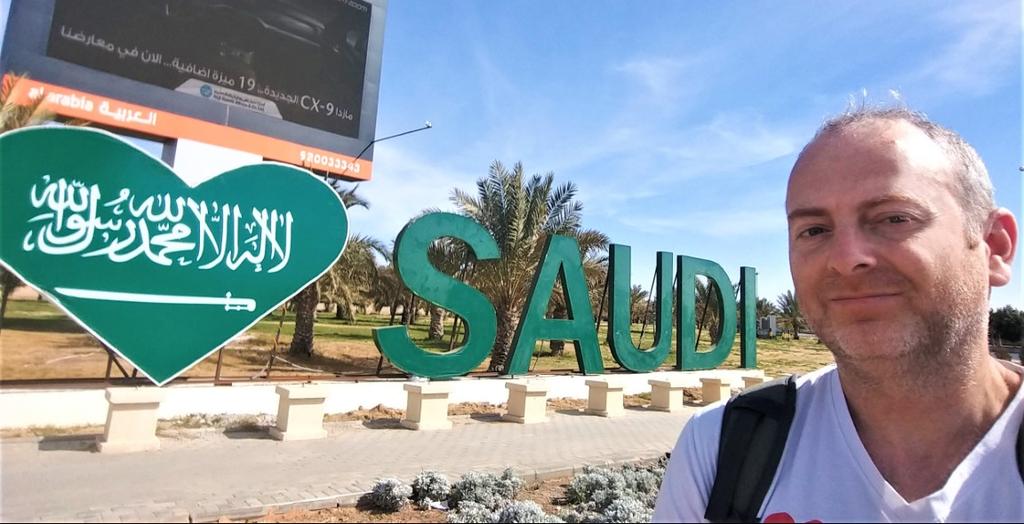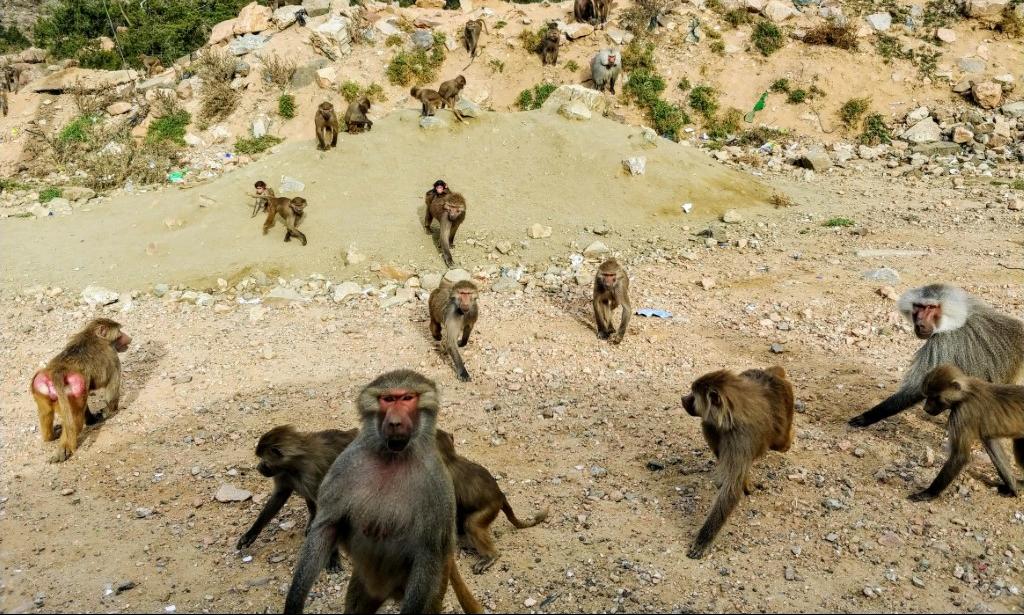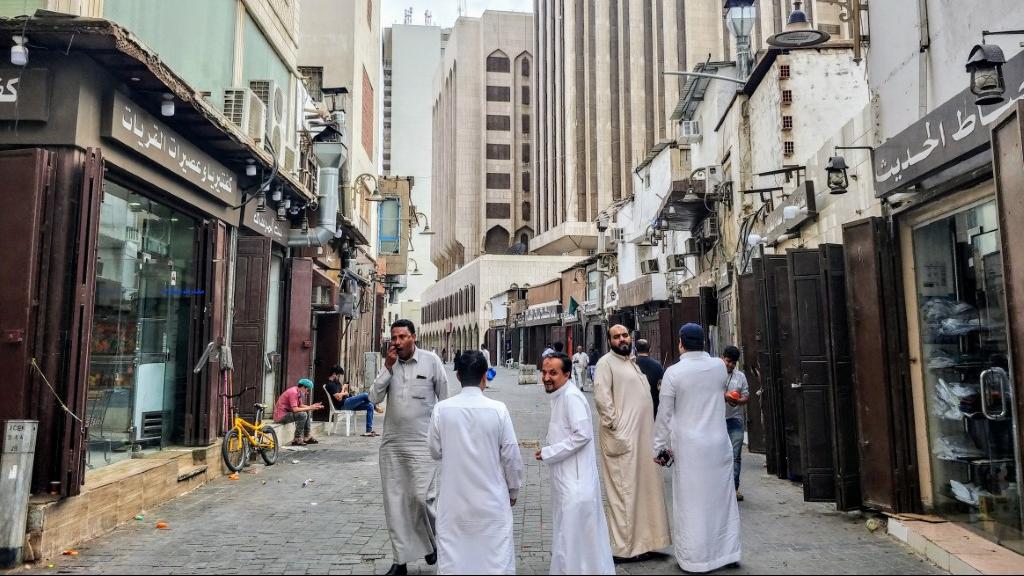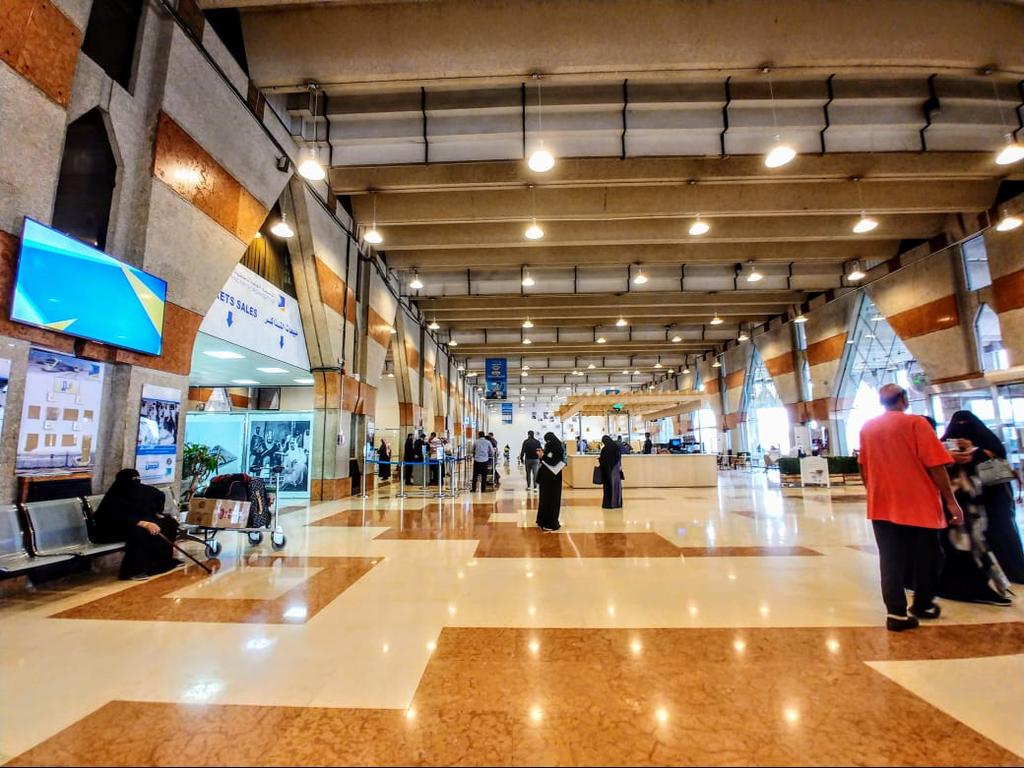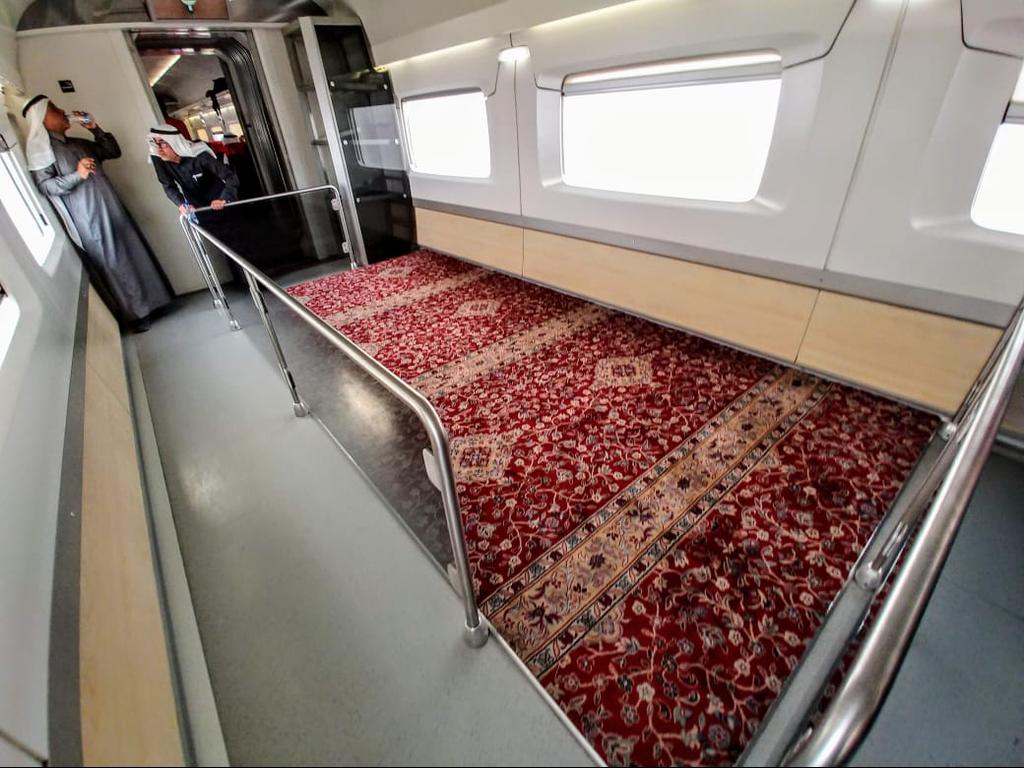Getting your Trinity Audio player ready...
As Jerusalem and Riyadh inch closer to ties, travel blogger Alex Lapshin jumped at the opportunity to be one of the first-ever Israelis to visit Saudi Arabia after it recently opened its gates to citizens of the country looking to explore investment opportunities there.
According to Lapshin, the people of Saudi Arabia were "extremely friendly." He said the Saudis he met all knew he was from Israel, showed interest in the country, and were overjoyed by the newly developing relationship between the two countries.
Still, Lapshin advises some degree of caution, "since the country was closed off to strangers for so many years."
"They are pretty mistrustful of tourists, I'm afraid the average Israeli will run into a few minor problems while visiting here," he says.
Holding both Israeli and Russian citizenship, Lapshin has visited more than 146 countries. He received global attention in 2016 when he was arrested in Minsk at the request of the Azerbaijani authorities and extradited for previously entering the country illegally. He was pardoned soon after by Azerbaijani President Ilham Aliyev, following an international outcry, and returned to Israel.
And although Lapshin entered Saudi Arabia on his Russian passport, he says that when he showed airport security that he was also carrying an Israeli passport, they smiled at him and invited him to travel the country as a citizen of Israel.
"Some people said it was their dream to visit Israel as tourists," says Lapshin, who traveled all across Saudi Arabia, starting at the southern border the country shares with Yemen - where monkeys roam free - and ending in the forest-covered border with Jordan in the north.
"Saudi Arabia is vast and different; more akin to America than any other place in the Middle East," says Lapshin.
"The country is filled with Europeans and Americans looking for work since the salaries here are crazy, starting at about $10,000 per month."
Furthermore, Saudi Arabia's living expenses are extremely low. "Gas is $2 a liter, shawarma costs NIS 10, and a mid-range hotel costs $30 per night."
Still, according to Lapshin, the Arab country has a few fields in which it can still improve.
"I was appalled there weren't any buses or trains heading to the center of the capital city," he says. "Luckily the Saudis are good-natured and are more than happy to offer tourists a ride."
Lapshin says the Saudi tourism industry is relatively new, as the country only recently opened its gates to the outside world at the behest of King Salman bin Abdulaziz Al Saud, who took the throne in 2015.
"There are no information centers for tourists, and retailers aren’t all that fluent in English," says Lapshin. "It's hard to cope in museums, parks and other attractions since they close for the day for reasons I cannot understand."
Lapshin also warns that taking pictures of mosques in strictly forbidden.
"Why? I have no idea," he says. "I almost got into trouble in Riyadh for taking a single picture. Furthermore, the Saudis pray five times a day, and if you are at a restaurant while they go pray, you are asked to leave for at least 30 minutes until they finish praying."
Saudi Arabia was the last country Lapshin had yet to visit in the Middle East.


